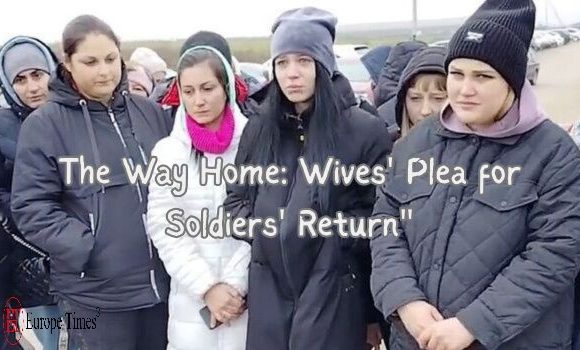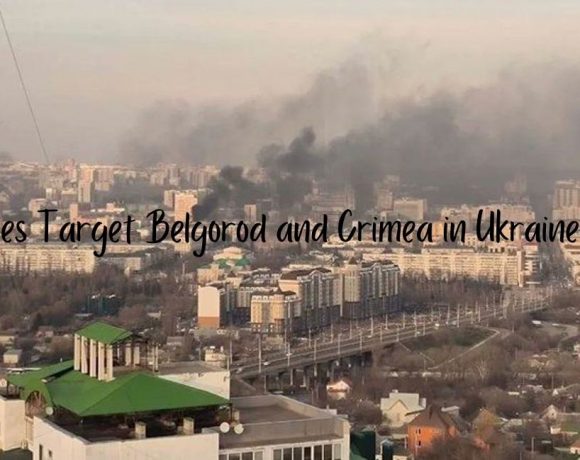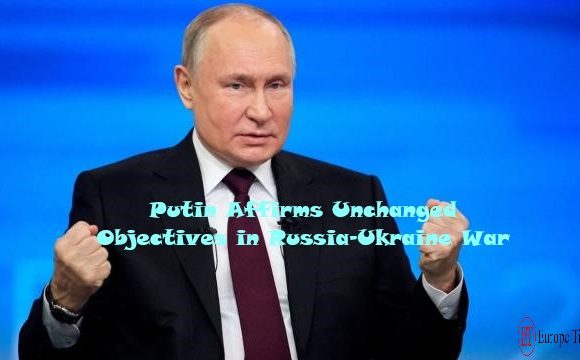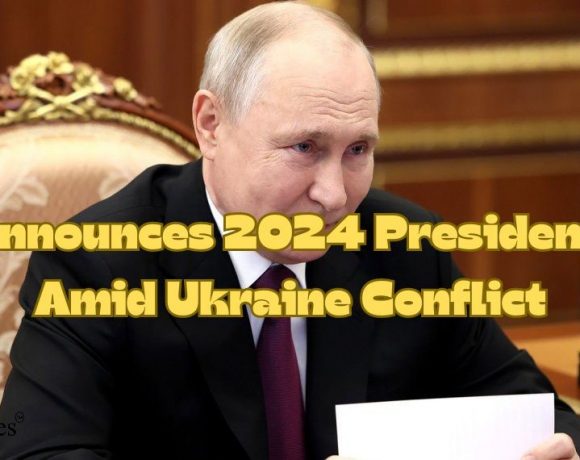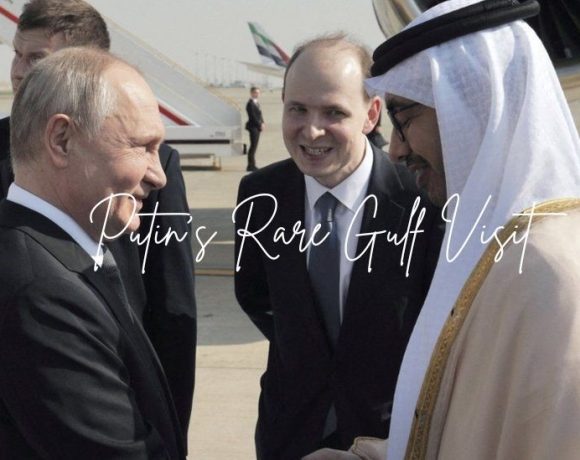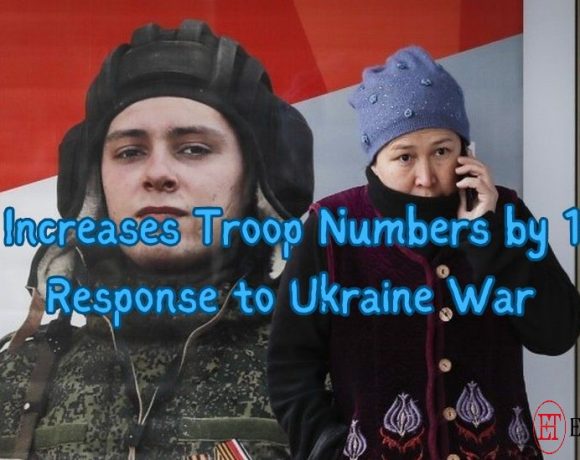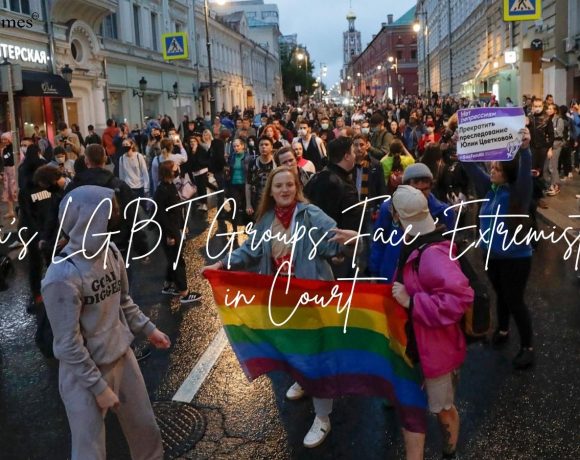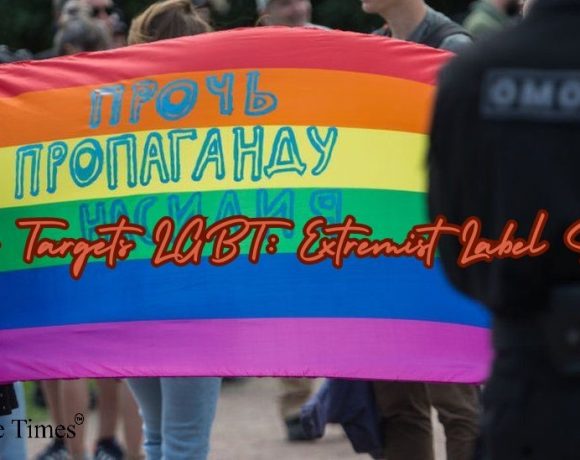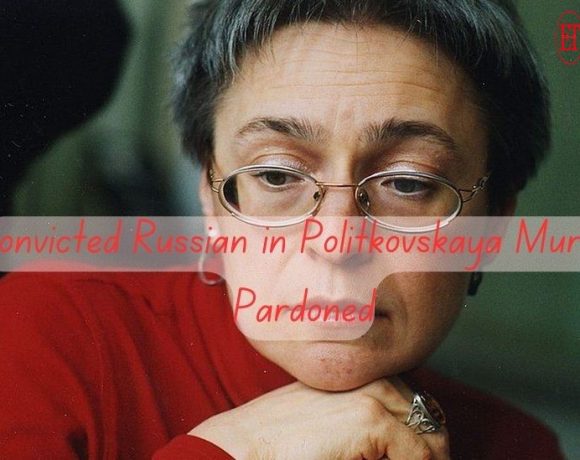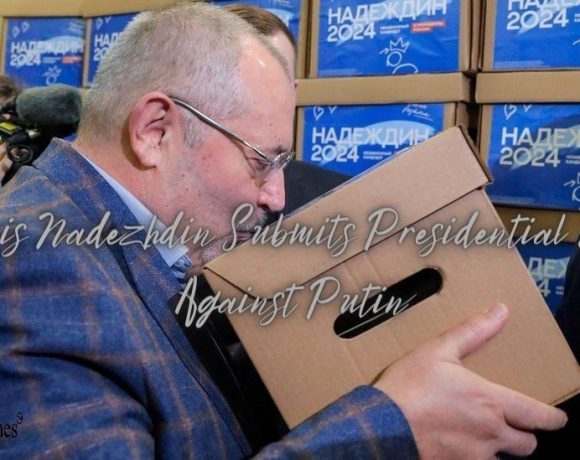
Boris Nadezhdin, a Kremlin challenger, has declared that he has successfully gathered the required number of signatures to officially stand as a candidate in Russia’s upcoming presidential election. The former local councillor is notable for his outspoken criticism of President Putin and Russia’s full-scale invasion of Ukraine. Nadezhdin claims to have submitted over 100,000 signatures to the electoral authorities, a crucial step in the electoral process.
The electoral commission will now review Nadezhdin’s application, and if approved, he will join the race against current President Vladimir Putin. Putin has already registered as an independent candidate and is widely expected to secure another six-year term in the presidential election scheduled for March. Despite the dominance of Putin in Russian politics, Nadezhdin’s candidacy represents a challenge to the status quo.
In a country where opposition figures often face imprisonment or worse, Nadezhdin’s ability to openly criticize Putin without severe repercussions has been noteworthy. The former local councillor, who served for more than 30 years, recently accused Putin of undermining key institutions in Russia and expressed a commitment to ending the conflict in Ukraine if elected.
Thousands of Russians have shown their support for Nadezhdin by braving the cold to add their signatures to his candidacy. Nadezhdin shared a photo on social media, standing in front of boxes containing the signatures, emphasizing the collective effort of his supporters. The grassroots backing highlights a degree of public sentiment that extends beyond established political norms.
Russia’s political landscape has been dominated by Vladimir Putin since 2000, and a constitutional amendment passed in 2020 allows him to potentially remain in power until 2036 if re-elected in 2030. Nadezhdin’s candidacy, along with his critique of Putin’s leadership, adds an element of diversity to a political scene that has long been characterized by Putin’s enduring influence.
Picture Courtesy: Google/images are subject to copyright

